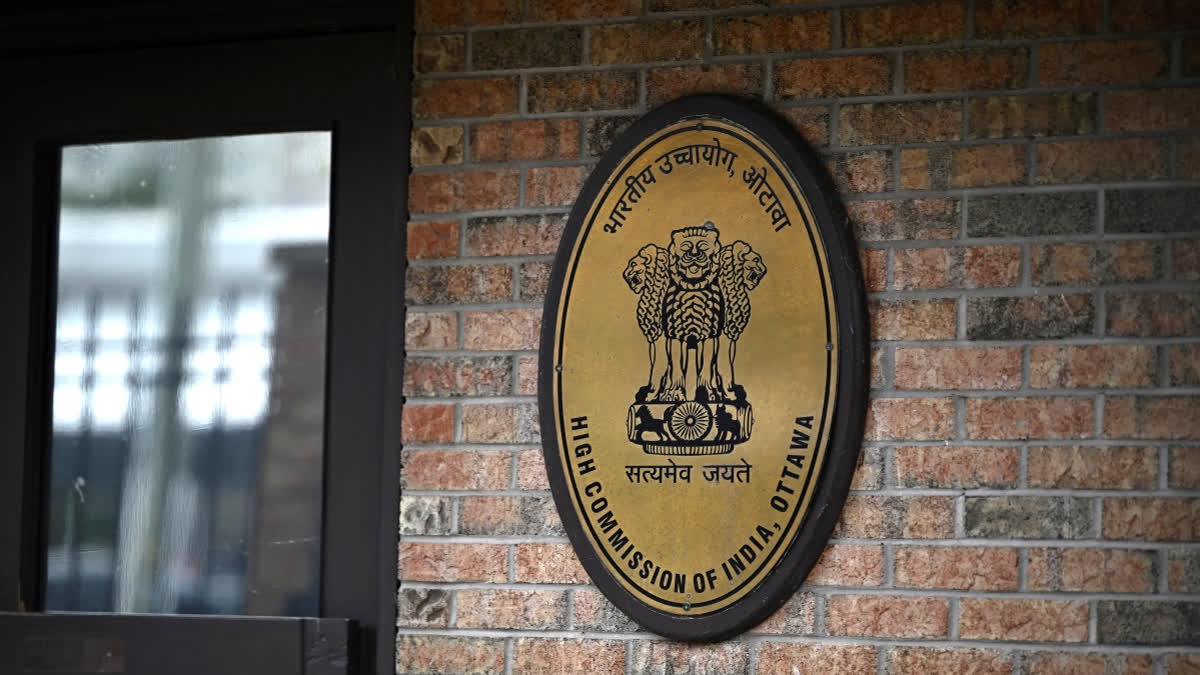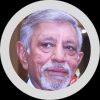Recent statements by a collection of Canadian officials, all in sync, all intended to link India to the supposed assassination of Hardeep Singh Nijjar, a Khalistan supporter in Canada, do not appear to be the result of a detailed investigation, rather more a cover-up to a failure. Fake justifications of the Canadian government were evident when its own citizens questioned its statements, many of which were contradictory and the intent appeared to be part of a 'save Trudeau' campaign.
Social media comments from Canadians were more critical of their own government than India. The starting point of the downsliding of Indo-Canadian ties is not the death of Nijjar but the disastrous seven-day Trudeau family visit to India in February 2018. Prime Minister Narendra Modi met Justin Trudeau on the sixth day, a formality. The visit ended with no worthwhile takeaways, other than family photo-ops. This hurt Trudeau’s ego as also he faced internal flak for unwarranted expenditure with no worthwhile outcome. Even his attempts to woo the Sikh community turned out a disaster.
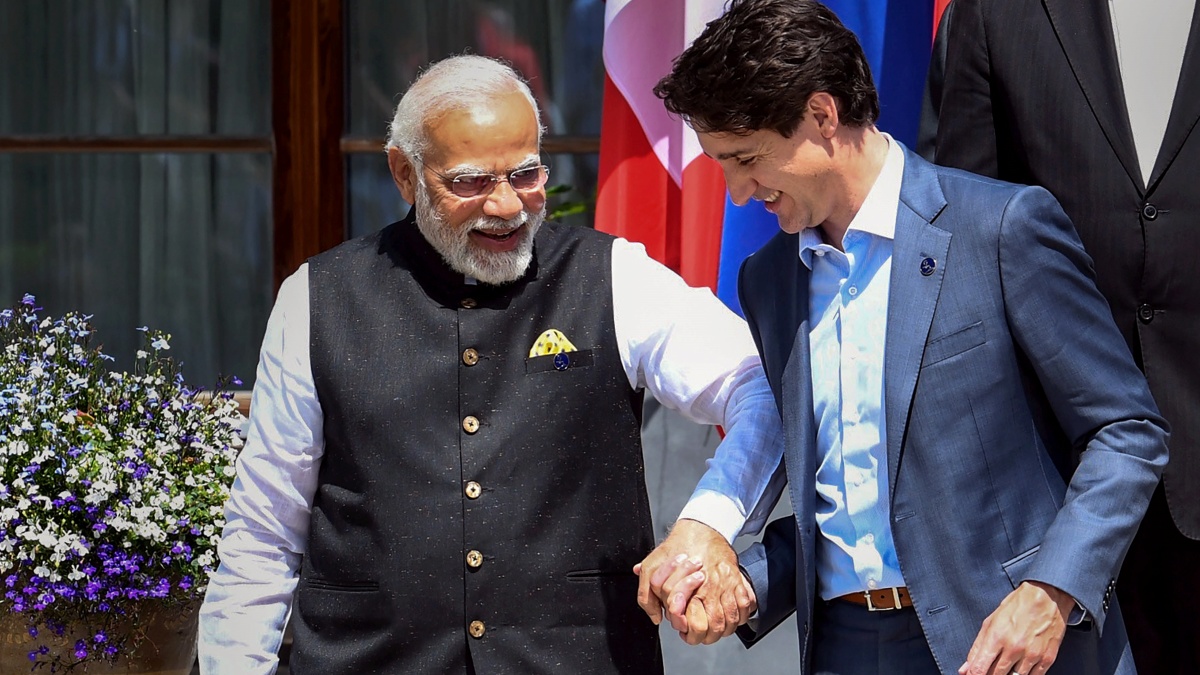
What was an even worse nightmare for Trudeau was his G-20 visit to India last September. He was possibly the only global leader with whom PM Modi had no official bilateral meeting. He was also given a mouthful for supporting the Khalistan movement. Aware that he was just another entity present at the summit, Trudeau skipped the formal dinner hosted by the Indian President, instead, taking his son, who accompanied him, to a restaurant.
To add salt to the wounds, the Canadian PM’s aircraft had a mechanical fault compelling him to spend an additional day in Delhi, making him the global laughing stock. It was on return from Delhi, when questioned on his failed visit and zero contribution to the G20, as also mocked for his stalled aircraft, did Trudeau mention Indian involvement in the killing of Nijjar for the first time.
This announcement shifted national attention from his embarrassing trip. The latest collection of announcements also came at a time when he faced similar embarrassment. Trudeau claimed there was a ‘brief exchange’ between him and PM Modi at the ASEAN Summit in Vientiane, Laos, on 11 October. He mentioned, "I emphasised that there is work that we need to do. The safety of Canadians and upholding the rule of law is one of the fundamental responsibilities of any Canadian government and that’s what I’ll stay focused on."
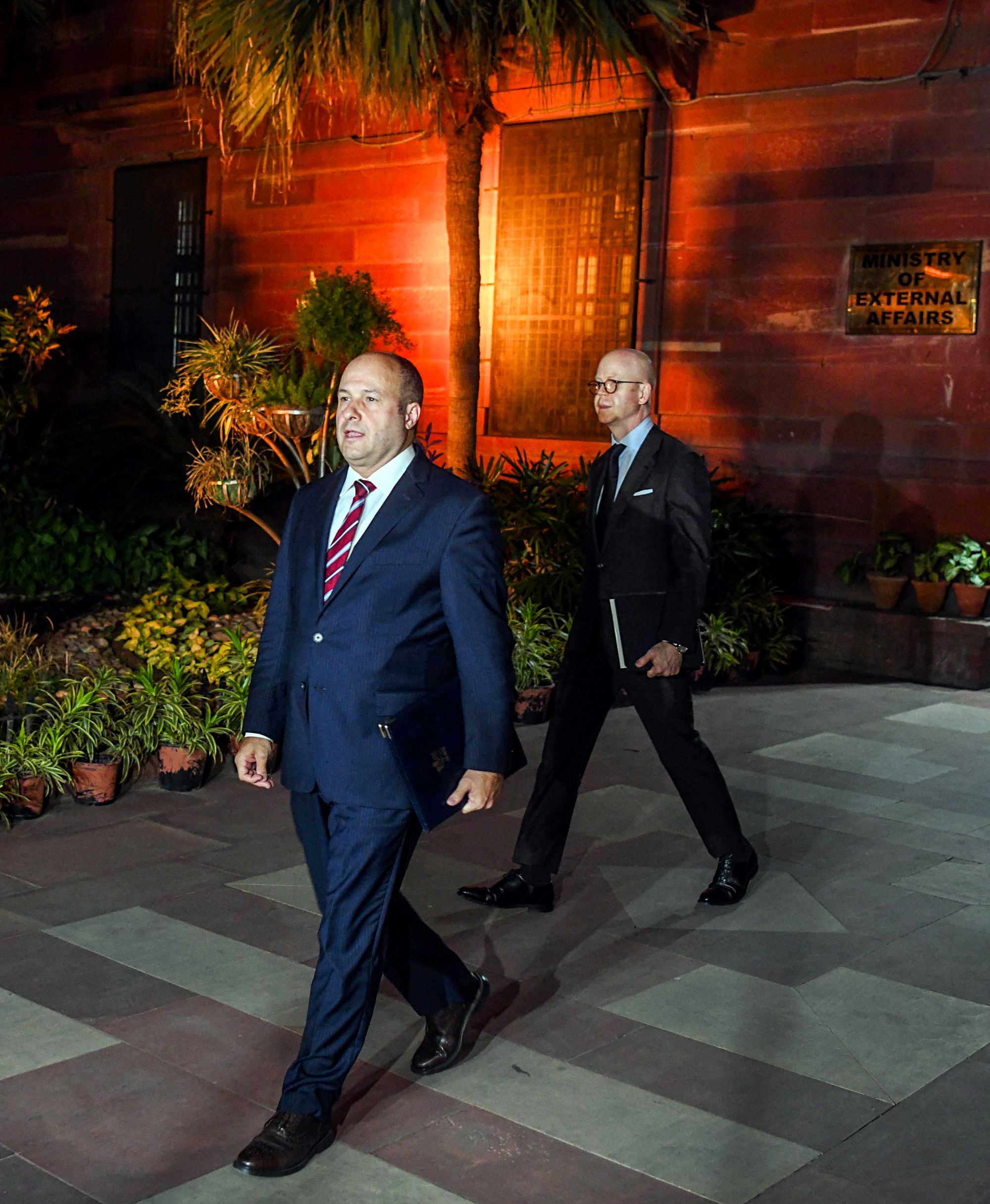
The Indian spokesperson tore apart Justin Trudeau’s comments when he mentioned, "There was no substantive discussion between PM and Prime Minister Trudeau in Vientiane. India continues to expect that anti-India Khalistani activities will not be allowed to take place on Canadian soil and that firm action will be taken against those advocating violence, extremism and terrorism against India from Canadian territory."
Even in recent announcements, there were disagreements. Canada claimed they expelled Indian diplomats, while India mentioned it withdrew them once Canada announced they were 'persons of interest' in the investigation. Canada claims it has submitted evidence of India’s involvement, while India officially states no evidence has been shared.
Melanie Joly, Canada’s foreign minister mentioned India is involved in a 'targeted campaign against Canadian citizens.' The head of RCMP spearheading investigations stated India is targeting "Khalistan activists employing the Bishnoi gang." Interestingly, in 2022, India had requested Canada to extradite members of the Bishnoi gang. Canada had then refused. Today, it is this same gang which Canada links to Indian diplomats. What an irony. The overall intent appears to be to highlight Indian interference in Canada’s domestic affairs.
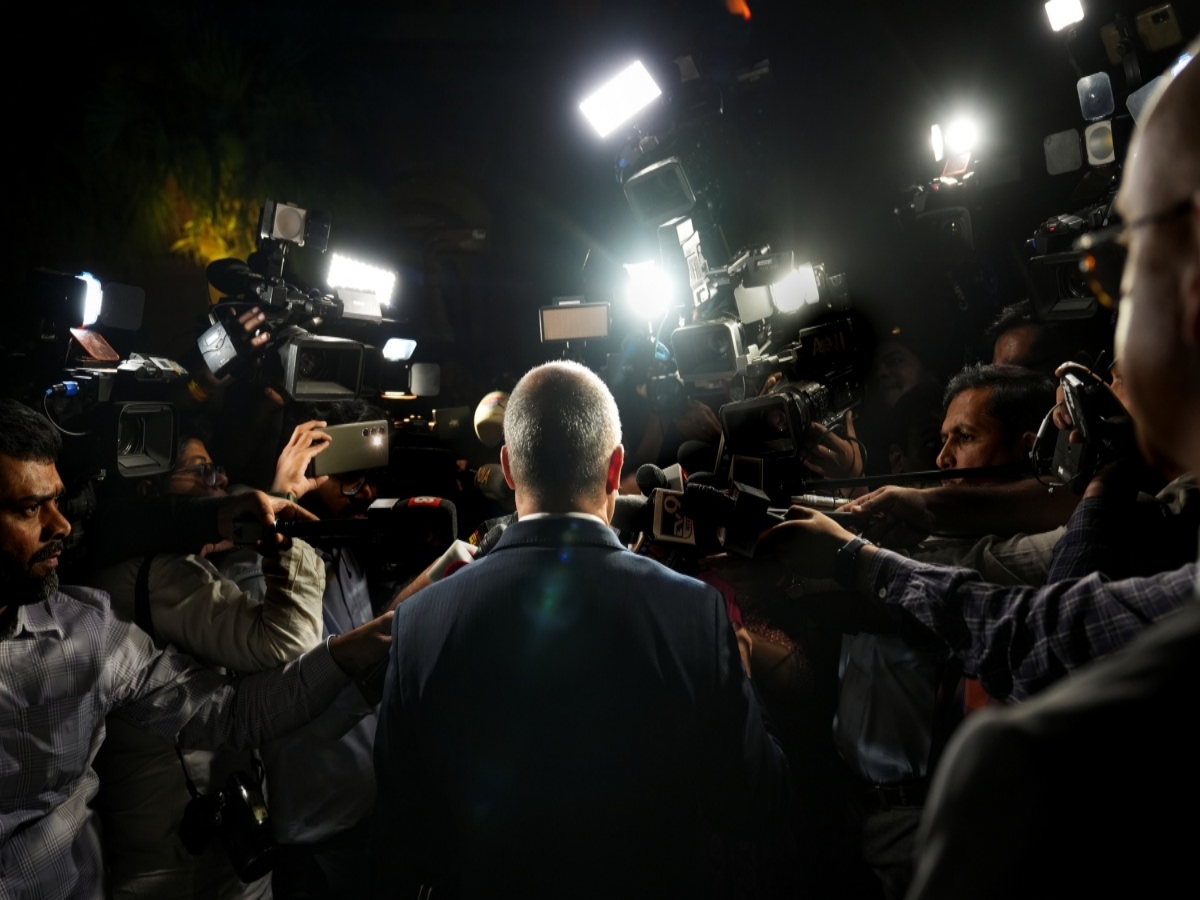
The Indian government marked this same aspect in its statement, which the foreign ministry statement mentioned, "Under criticism for turning a blind eye to foreign interference in Canadian politics, his government has deliberately brought in India in an attempt to mitigate the damage." It added that Trudeau made his comments just before his "deposition before a Commission on foreign interference."
Just days ago, CSIS Director, Vanessa Lloyd, testifying before the foreign interference inquiry mentioned that "Pakistan conducts intelligence ops and transnational repression in Canada with the goal of supporting Khalistani extremism." There was no mention of India. Her statement implied that the Canadian government is working with Pakistan to promote Khalistan. Does that make Canada a sponsor of terrorism?
Simultaneously, Trudeau will not mention China which has established Chinese police stations in different parts of Canada to intimidate Chinese Canadians. There were credible inputs of Chinese interference in Canada, in earlier investigations, which will be glossed over due to Trudeau’s liberal party’s close links with Beijing.
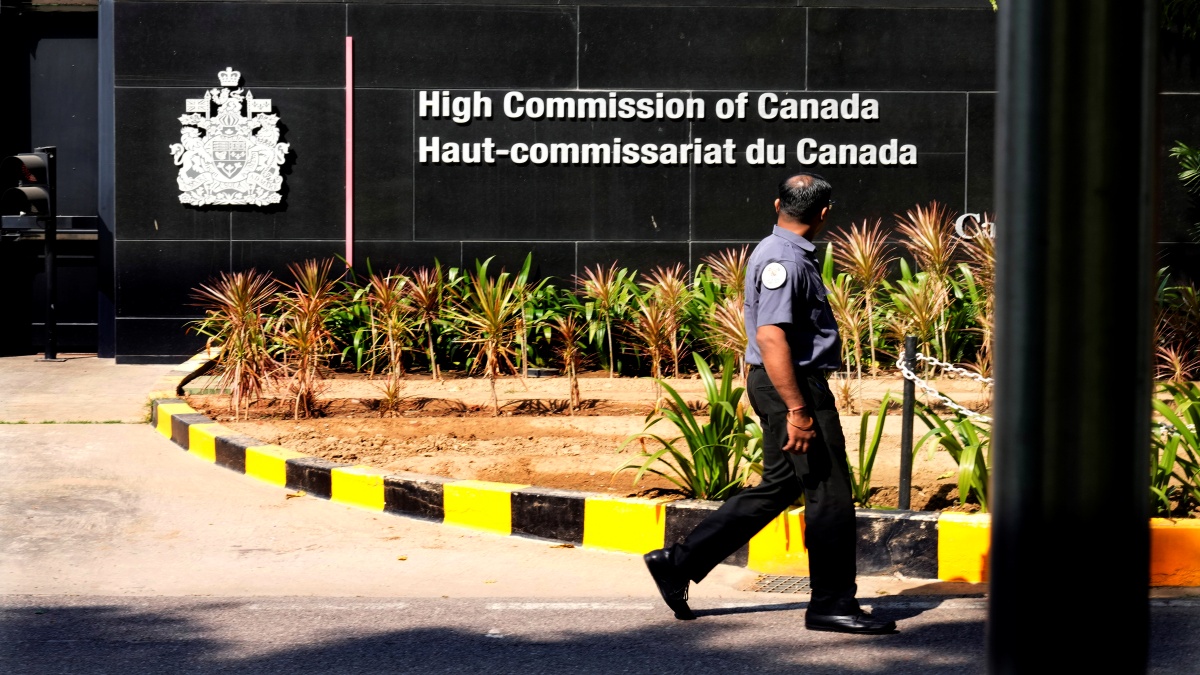
Trudeau’s government is currently a minority in parliament. Jagmeet Singh, also a Khalistan supporter, led NDP (New Democratic Party) has withdrawn support. The recent loss of a crucial by-poll in Quebec resulted in over 20 of his Liberal party MPs demanding his resignation. The number of anti-Trudeau MPs is increasing. Demands for his resignation gained steam while Trudeau was in Laos and claimed to have met PM Modi.
Immediately after this return commenced the game of accusations followed by the expulsion of diplomats between India and Canada. The intent was once again to shift national attention from his resignation demands to India bashing. Elections are due next year in Canada. Trudeau’s failed economic and immigration policies have resulted in his party losing ground. How long will he last before his party MPs eject him is to be seen? Trudeau is also aware that he remains popular with Sikh Canadians. After all, he backed the farmers’s agitation in India and also was liberal in providing citizenship to Sikhs who claimed persecution while arriving on fake passports.
By accusing India of targeting a member of the Sikh community and turning a blind eye to activities of separatists against Indian diplomats, he hopes to continue garnering their votes, despite being dumped by Jagmeet Singh. Canada, in its accusations, possibly only has support from the US. It was only US media outlets which headlined Trudeau’s accusations. A major reason for support is India’s growing rise and strategic autonomy. Other nations know the true worth of Trudeau.
Trudeau spoke to his British counterpart, Keir Starmer on the India spat. The statement read that the two "agreed to remain in close and regular contact." There was no comment on India. The New Zealand minister for foreign affairs, Winston Peters, tweeted that New Zealand was briefed by Canada. He hinted that the accusations have still not been proven. Trudeau has been jumping the gun and moving forward with India bashing every time he is questioned on his failures. He is desperate to garner support.
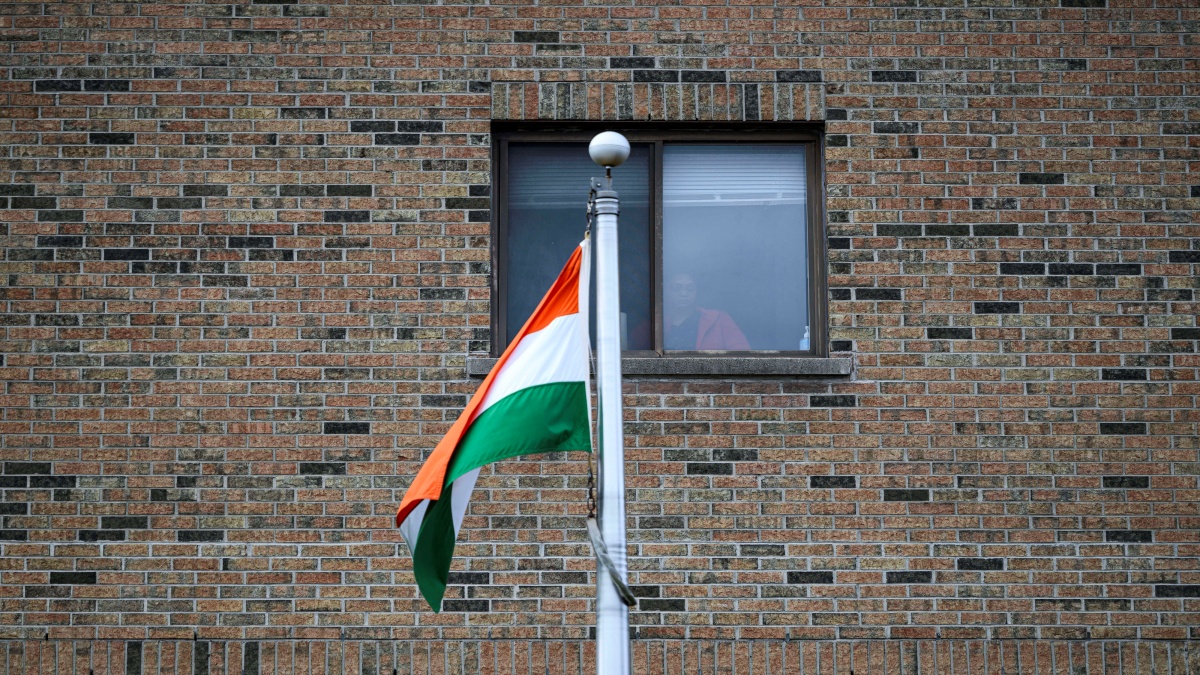
PM Modi has never commented on Trudeau, leaving it to his foreign office spokespersons. He has proved that India will not bend, no matter what the pressure is. Modi is aware that Trudeau is involved in a desperate fight for survival. He also considers it below his dignity to lower the standing of a fellow blabbermouth PM. For India, relations with Canada can never be normal as long as Trudeau remains in power, which is unlikely for long. Knowing the Indian government, once Trudeau is out of the picture, normalcy will be restored in ties under Indian conditions.
Read More
